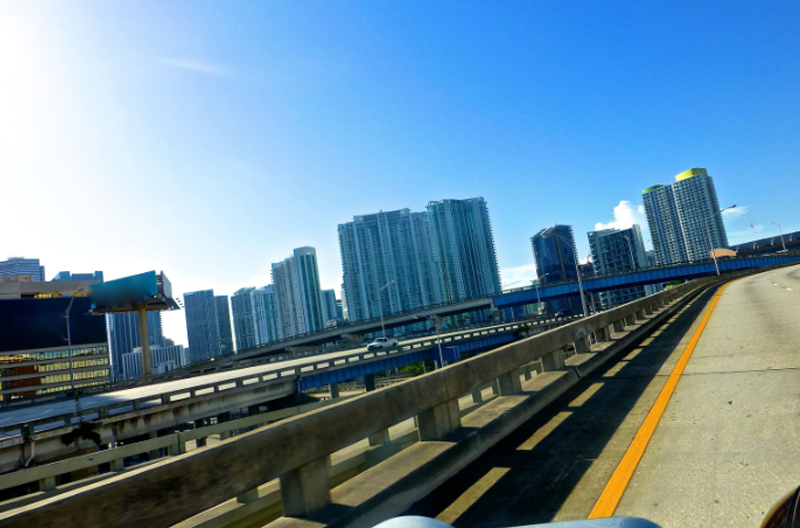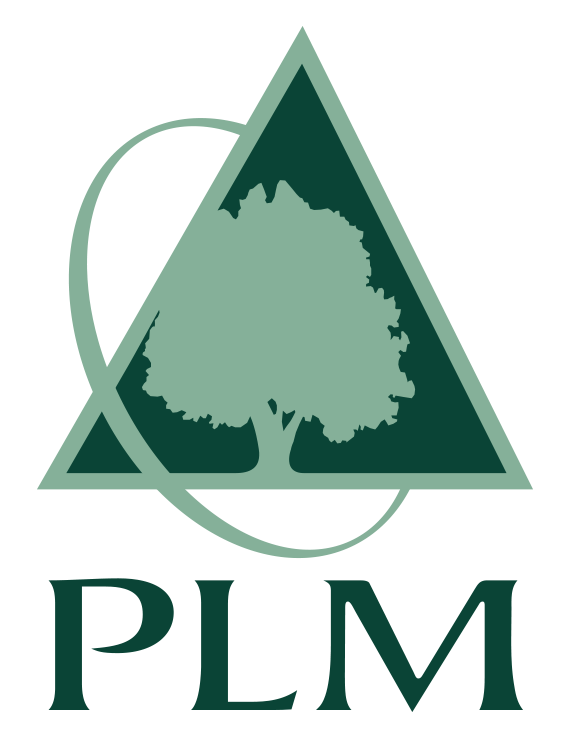Earlier this month, a portion of I-95, a major highway running throughout the East Coast of the US, collapsed in Philadelphia. A tanker truck carrying gasoline crashed underneath an exit ramp and burst into flames. The fire then weakened the overpass supports, which caused it to collapse within the hour. This tragic accident put lives at risk in the Philadelphia community and severely impacted daily life in the area.
With an incident like this occurring in a metropolitan area, aside from endangering lives, business owners could also risk costly fines and other sanctions from governing bodies. The repercussions of such an incident could be immense for a business owner found responsible.
While this particular incident may not be directly related to the lumber industry, there are important lessons learned from this event that lumber business owners and operators can take away. It is our hope that this tragic incident will inspire others to take a second look at the safety measures they have in place.
For lumber businesses, PLM suggests owners and operators abide by the following best practices to encourage safe operations:
- Keep a careful eye on storage locations: Make sure staff keeps all stock and finished products away from buildings or equipment and a good distance from neighboring property. This will help mitigate damage levels in the event of a fire.
- Establish clear smoking controls: Smoking is a dangerous form of ignition, particularly around lumber products. Create a dedicated smoking area and establish a strict policy to keep any unknown smoldering to a minimum.
- Maintain a dedicated driver safety and training program: Amid the current labor shortage, it can be difficult to hire drivers with a strong safety record. Make sure to take the time to check motor vehicle records of drivers at hire and throughout their employment with you. Implement driver training programs that are repeated regularly and consider implementing a telematics program to monitor for unsafe driver behavior.
- Develop a housekeeping checklist: Housekeeping is key to ensuring your operation doesn’t have any unnecessary fire risks. Safety managers should develop a regular housekeeping schedule, emphasizing the need for through cleaning of all surfaces and equipment. This will prevent the accumulation of combustible dust, which can cause a deflagration, other fires or an explosion. Staff should not allow dust to pile up thicker than a paper clip or dime on site.
On the subject of overpasses. we’ve seen a number of lumber business storing inventory, supplies and equipment under bridges. This practice can pose significant safety concerns. To mitigate this risk, we recommend lumber companies observe and follow state regulations regarding storage under overpasses. These include:
- The State Bridge Engineer or State Department of Transportation must approve material storage under any bridges or right of way areas near the structure. There are specific controls for ground and airspace in these areas.
- Any items stored should not interfere with routine inspection or maintenance of the bridge structure.
- Each state has specific horizontal and vertical setbacks of materials from the columns, bridge members or beams.
- The storage area under the bridge must be secured from unauthorized access to the area.
- The storage cannot interfere with stormwater drainage.
While most owners and operators of lumber companies will not encounter a scenario like the tanker truck in the I-95 overpass collapse, it never hurts to be prepared. A fire can strike at any time and cause severe damage to your business and put lives at risk. Additionally, commercial vehicles can contribute to accidents on the road. Attention to detail, regularly training, driver safety and thorough risk management can help your operation, employees and customers stay safe. For more information and best practices on how to keep your business operating safely for years to come, please contact a PLM representative at CustServ@plmins.com or 1-800-752-1895, or visit our Loss Control Center.



